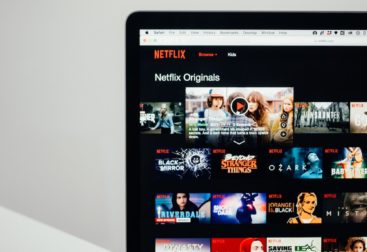Folks at Vox (“Rich People are Jerks, Explained“) have written up two domains of scientific research about wealthy Americans.
One area of research shows that the preferences of the wealthy are more influential on politics, actual governance and policy than the preferences of non-wealthy people. Here’s a link to the main academic paper Vox used as a source, which says, “economic elites and organized groups representing business interests have substantial independent impacts on U.S. government policy, while average citizens and mass-based interest groups have little or no independent influence.” Also, the preferences of the wealthy do not align with the preferences of the non-wealthy and are by and large self-serving, rarely directed at the welfare of others, only the wealthy themselves.
The second area of research is represented by Paul Piff, about whom I wrote before at Medium with respect to Affluenza. One of Piff’s papers, “Higher Social Class Predicts Unethical Behavior,” set up experiments where people who were wealthy or made to feel wealthy in the ecology of the experiment behaved more anti-socially than controls. Lisa Miller in the New York Times Magazine summarized Piff’s findings this way:
[The paper] showed through quizzes, online games, questionnaires, in-lab manipulations, and field studies that living high on the socioeconomic ladder can, colloquially speaking, dehumanize people. It can make them less ethical, more selfish, more insular, and less compassionate than other people. It can make them more likely, as Piff demonstrated in one of his experiments, to take candy from a bowl of sweets designated for children.
“While having money doesn’t necessarily make anybody anything,” Piff said to Miller, “the rich are way more likely to prioritize their own self-interests above the interests of other people. It makes them more likely to exhibit characteristics that we would stereotypically associate with, say, assholes.”
Piff theorizes that low-status people cultivate empathy and pro-social behavior because they figure they may require the help of others in the community in the future. High-status individuals are more insulated from needing the help of others and so do not place a premium on empathy or pro-social behavior. They can afford to flout the norms of the community, while low-status individuals cannot for fear of losing the benefits of the collective.
That’s just a theory. I’m not confident that it’s totally correct. And it’s also not clear that being rich makes you a jerk or being a jerk makes you rich. But there is a correlation found in these studies between anti-social behavior and out-sized wealth.





